ANALYSIS: 6 People Who Could Become the Next Supreme Court Justice
President Obama is considering potential candidates to replace Antonin Scalia.
— -- Following Justice Antonin Scalia’s sudden death earlier this month, President Barack Obama is in the process of wading through a binder full of potential candidates to fill the late justice’s now-vacant seat on the Supreme Court.
And though Republicans say they will not hold hearings for any nominee the president puts forward, arguing that the seat should remain empty for the next president to fill, Obama has resolved to move forward with the nomination process.
The White House has resisted putting a timeline on when the president will make his final selection, but here are six of the most likely nominees based on ABC News' analysis of the potential candidates:
Sri Srinivasan
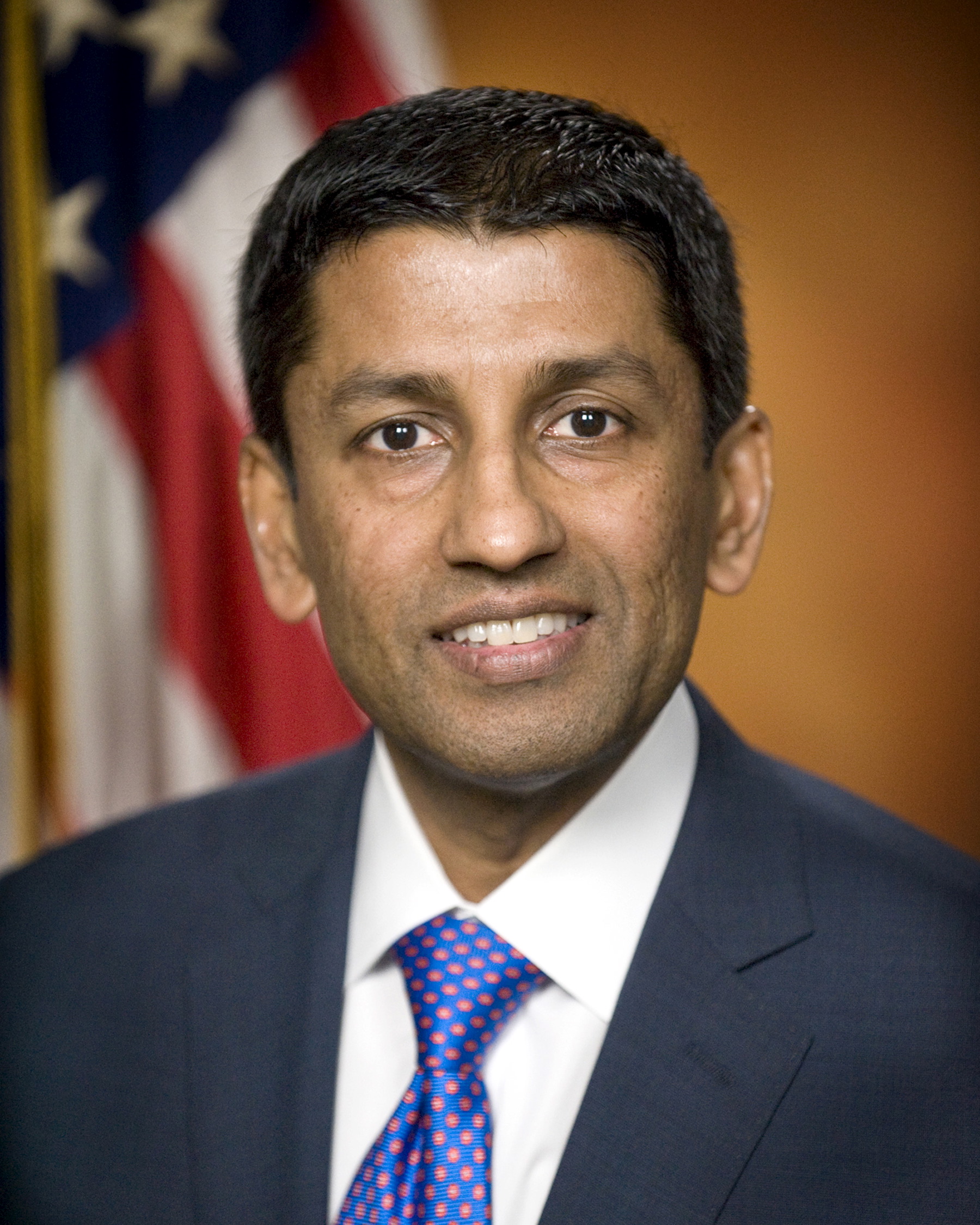
How’d he get where he is?
Srinivasan was born in India before immigrating with his family to Kansas. A graduate of Stanford Law School, he went on to clerk for Reagan-appointee Justice Sandra Day O’Connor. He also spent years in private practice at O'Melveny & Myers and in the Solicitor General’s office. He has argued 25 cases before the Supreme Court and has served on the D.C. Circuit Court since 2013.
What would make him an interesting pick?
Regarded by former colleagues as one of the brightest legal minds today, Srinivasan would be the first Asian justice to serve on the Supreme Court if confirmed.
Why he may be picked and why not:
Srinivasan was confirmed without Republican opposition to the D.C. Circuit Court in 2013. A potential liability is his previous pro bono advocacy of immigrant rights, including his representation of an illegal immigrant facing drug charges, which has the potential to become a political football in an election year nomination.
Fun fact:
Srinivasan took his oath of office on the Bhagavad Gita, a 700-verse Hindu scripture. He also played high school basketball with now-retired NBA player Danny Manning.
Patricia Millett
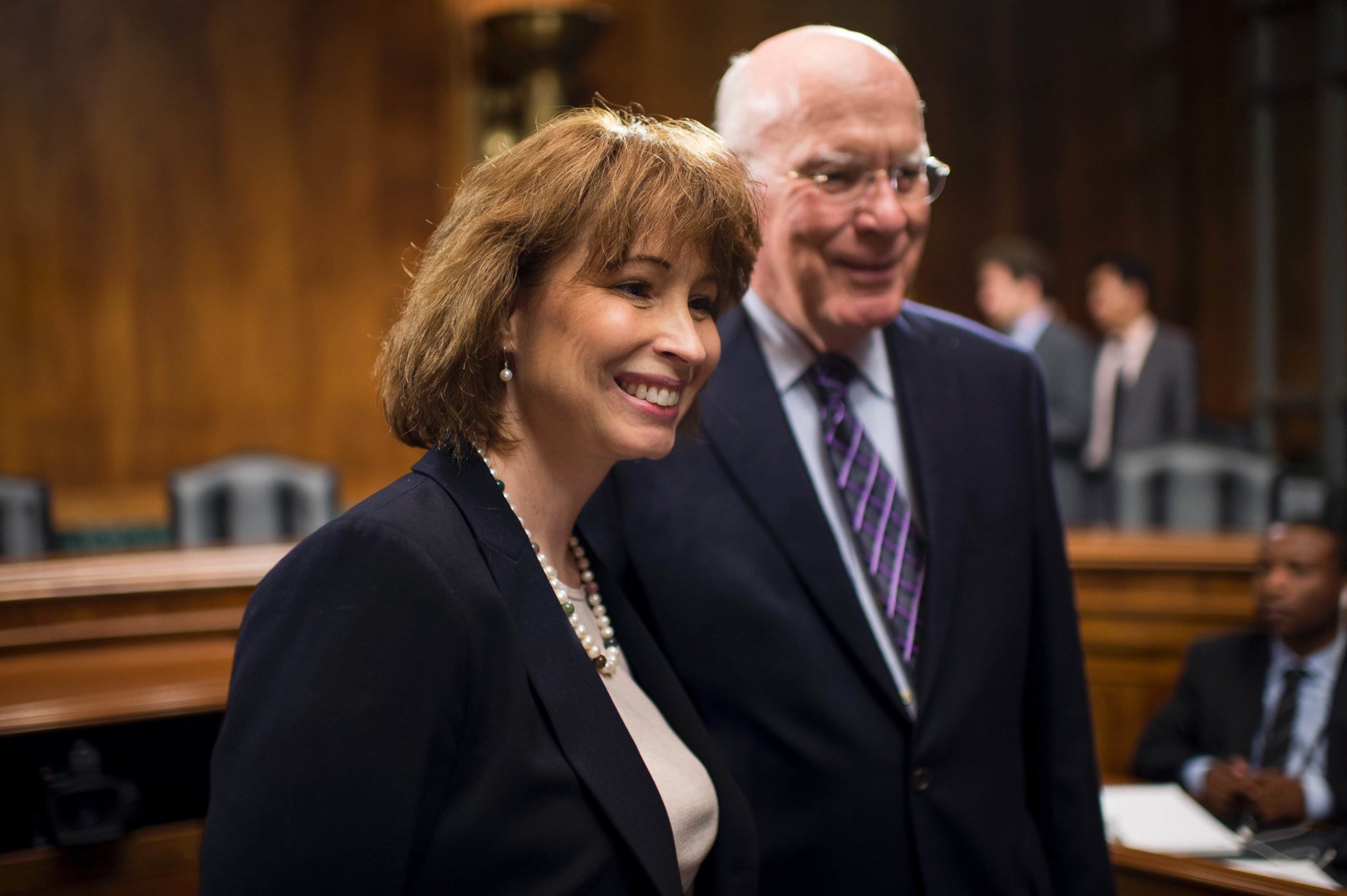
How’d she get where she is?
Millett graduated from Harvard Law School in 1988 before landing a federal appellate clerkship. She spent 15 years in the Department of Justice, mainly in the Office of the Solicitor General. Millett led the Supreme Court practice at Akin Gump Strauss Hauer & Feld LLP until she was confirmed to the D.C. Circuit Court in 2013.
What would make her an interesting pick?
Before becoming a federal judge, Millett was known for her tireless advocacy. She’s argued 32 cases before the Supreme Court, the second most of any woman in history.
Why she may be picked and why not:
While Millett’s status as a military spouse and devout Christian may make it harder for the GOP to block her nomination, Republicans could use Millett’s brief tenure as a volunteer legal adviser to the presidential campaign of then-Senator Barack Obama against her.
Fun fact:
Millett holds a second-degree black belt in Tae Kwon Do.
Merrick Garland
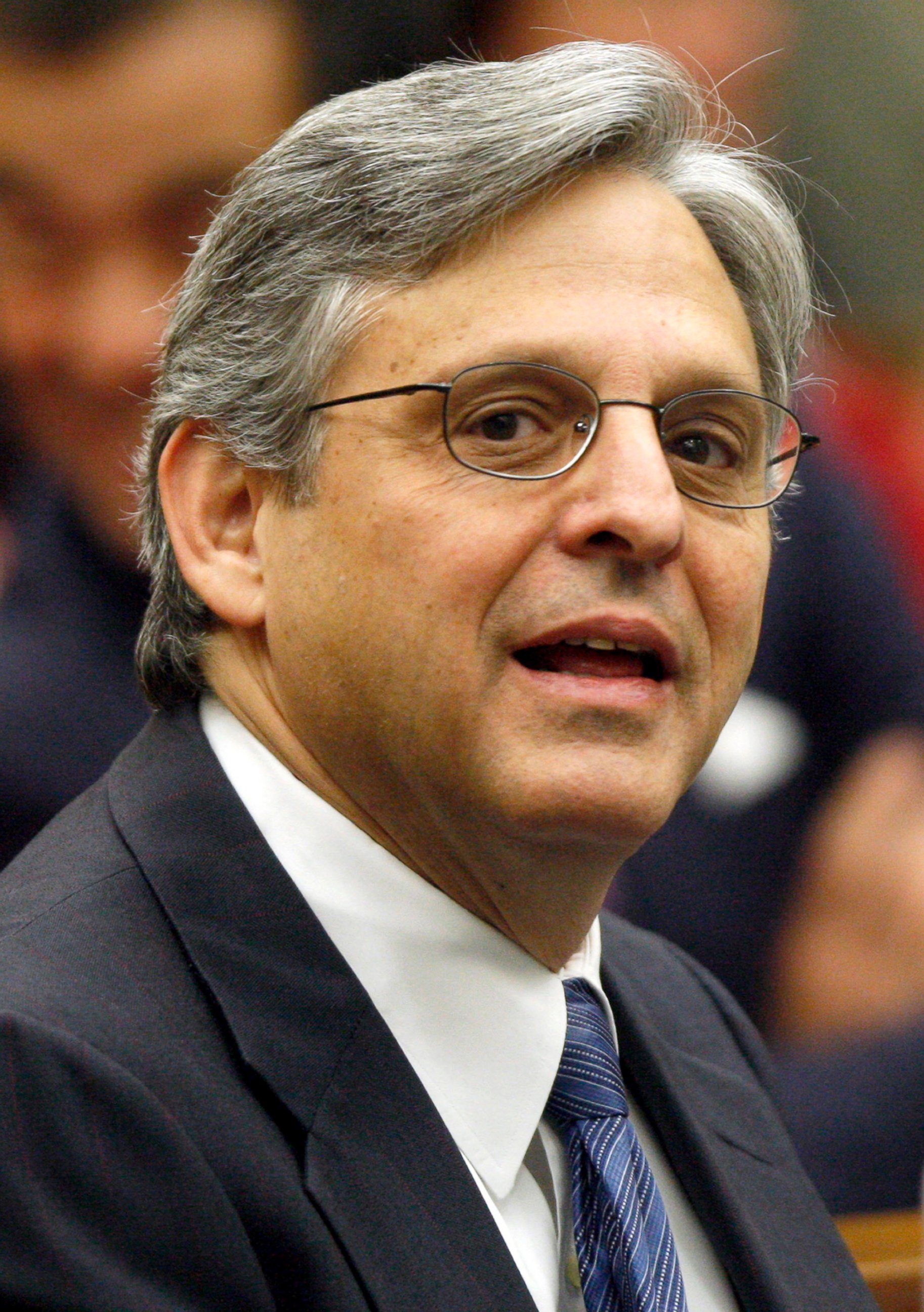
How’d he get where he is?
Garland graduated from Harvard Law School in 1977 before clerking for Justice William Brennan. He spent the next 18 years primarily in government law enforcement roles, with two stints at the firm Arnold & Porter. President Bill Clinton nominated Garland to the D.C. Circuit Court, where he’s served since 2007. He became Chief Judge in 2013.
What would make him an interesting pick?
Garland led the prosecution of the Oklahoma City bombing and of Theodore Kaczynski, better known as the “Unabomber.” In addition to Justices Alito and Sotomayor, Garland would be the third sitting justice with prosecutorial experience.
At 63, Garland’s age may hurt his chances, since presidents tend to seek justices who can serve lengthy terms on the bench. If nominated, Garland’s background in law enforcement and his reputation as a fair-minded judicial moderate may make it difficult for the GOP to justify blocking his nomination, though his appointment by President Clinton and clerkship under the liberal Justice Brennan won’t likely endear him to Republicans.
Fun fact:
At age 63, Garland would be one of the oldest associate justices ever appointed to the Supreme Court.
Jane Kelly
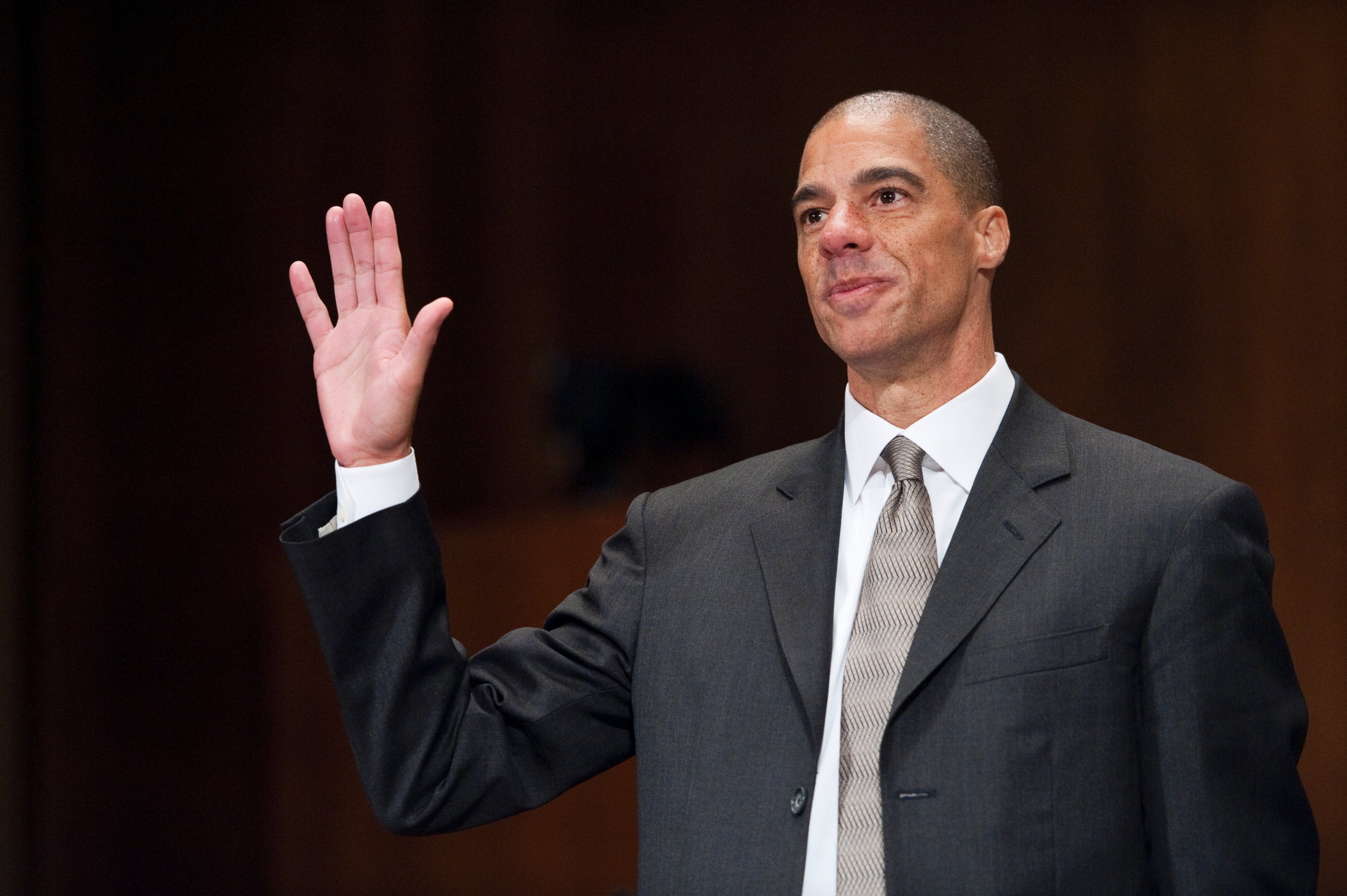
How’d she get where she is?
After graduating from Harvard Law School, Kelly went on to a career as a federal public defender and worked for the Federal Public Defender’s Office in the Northern District of Iowa for nearly 20 years. In 2013, she was confirmed to the U.S. Court of Appeals for the Eighth Circuit by a vote of 96-0 in one of quickest confirmations for an appellate judge under the Obama administration.
What would make her an interesting pick?
Kelly currently lives in Cedar Rapids, Iowa, and is a born and bred Midwesterner. Choosing her would bring regional diversity to a court dominated by Northeasterners. Her vast experience as a federal public defender is also unusual for Supreme Court nominations.
Why she may be picked and why not:
When Kelly was confirmed as a judge in 2013, she received a glowing endorsement by Republican Senator Chuck Grassley, the chairman of the Senate Judiciary committee who would oversee nomination hearings but has recently pledged to oppose any nominee put forward by the president. A potential weakness is that she has only been on the federal bench for two years, which could be interpreted as a lack of high-profile experience. She has also spent most of her career representing criminals as a public defender, which may not sit well with the American public. One of her former clients, accused pipe bomber Luke Helder, allegedly put explosives in people's mailboxes across five states in 2002. She argued that Helder was unfit for trial due to mental illness, leading to no prosecution.
Fun fact:
Kelly and President Obama graduated from the same class at Harvard Law School in 1991. At the time, they were not friends, only acquaintances.
Paul Watford
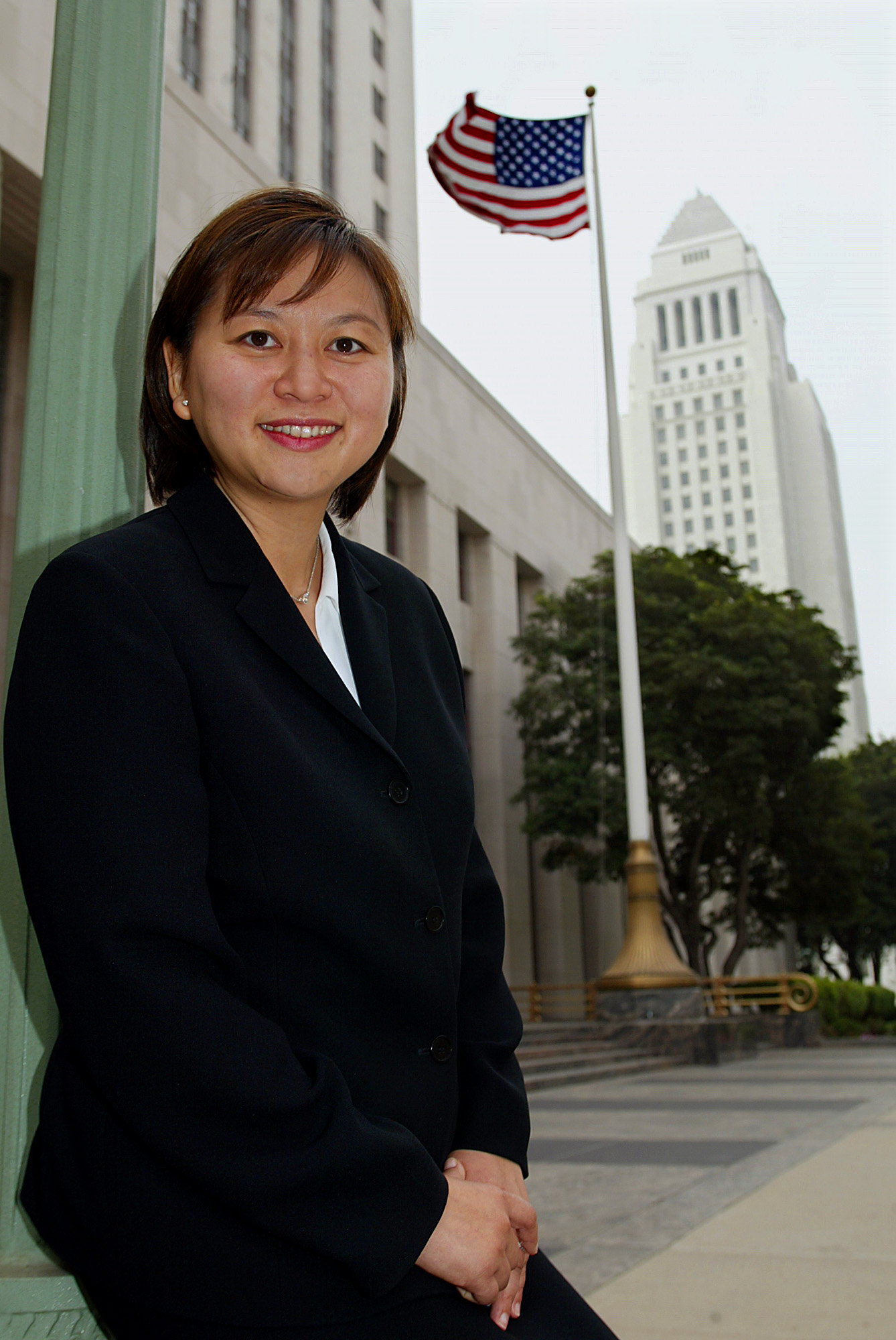
How’d he get where he is?
A Southern California native, Watford graduated from UCLA Law School in 1994 and went on to clerk for Supreme Court Justice Ruth Bader Ginsburg. He spent years practicing at a private law firm and also had a brief stint as an Assistant U.S. Attorney. In 2012, he became a judge on the U.S. Court of Appeals for the Ninth Circuit.
What would make him an interesting pick?
Watford would be the third African-American justice to serve on the Supreme Court. Thurgood Marshall was the first African-American justice and Clarence Thomas is currently on the bench.
Why he may be picked and why not:
As an African-American nominee, Watford has the potential to rally the Democratic Party. However, he might be a tough sell after facing some Republican opposition for his confirmation to the Ninth Circuit. Ultimately, Watford received nine Republican votes, enough to block a filibuster and confirm him 61-34.
Fun fact:
Watford has been in the Ninth Circuit for less than four years, which could be an advantage because he was vetted fairly recently, and there are fewer rulings to be picked apart or show a political leaning.
Jacqueline Nguyen
How’d she get where she is?
Born in Vietnam, Nguyen and her family fled to the United States as Saigon fell at the end of the Vietnam War in 1975. Nguyen was 10. After living for a time in a refugee camp at Camp Pendleton in San Diego, Nguyen’s family settled in the Los Angeles area. Nguyen graduated from UCLA Law School in 1991. She spent seven years as a judge on the Los Angeles Superior Court before President Obama appointed her to the U.S. District Court for the Central District of California in 2009. In 2012, the Senate confirmed her nomination to the U.S. Court of Appeals for the Ninth Circuit by a vote of 91-3, making her the first Asian-American woman to sit on a federal appellate court.
What would make her an interesting pick?
In addition to her powerful life story, Nguyen would be the first Asian-American justice on the Supreme Court. She would also be the fourth woman currently sitting on the bench.
Why she may be picked and why not:
Nguyen brings a compelling personal story that might make it hard for Republicans to ignore her altogether and would also bring geographical diversity to the bench, since she’s from California. A possible weakness for Nguyen is that she is lower profile in legal circles than some of the other top-tier candidates.
Fun fact:
Nguyen worked in her family’s doughnut shop during her years in high school and college.




